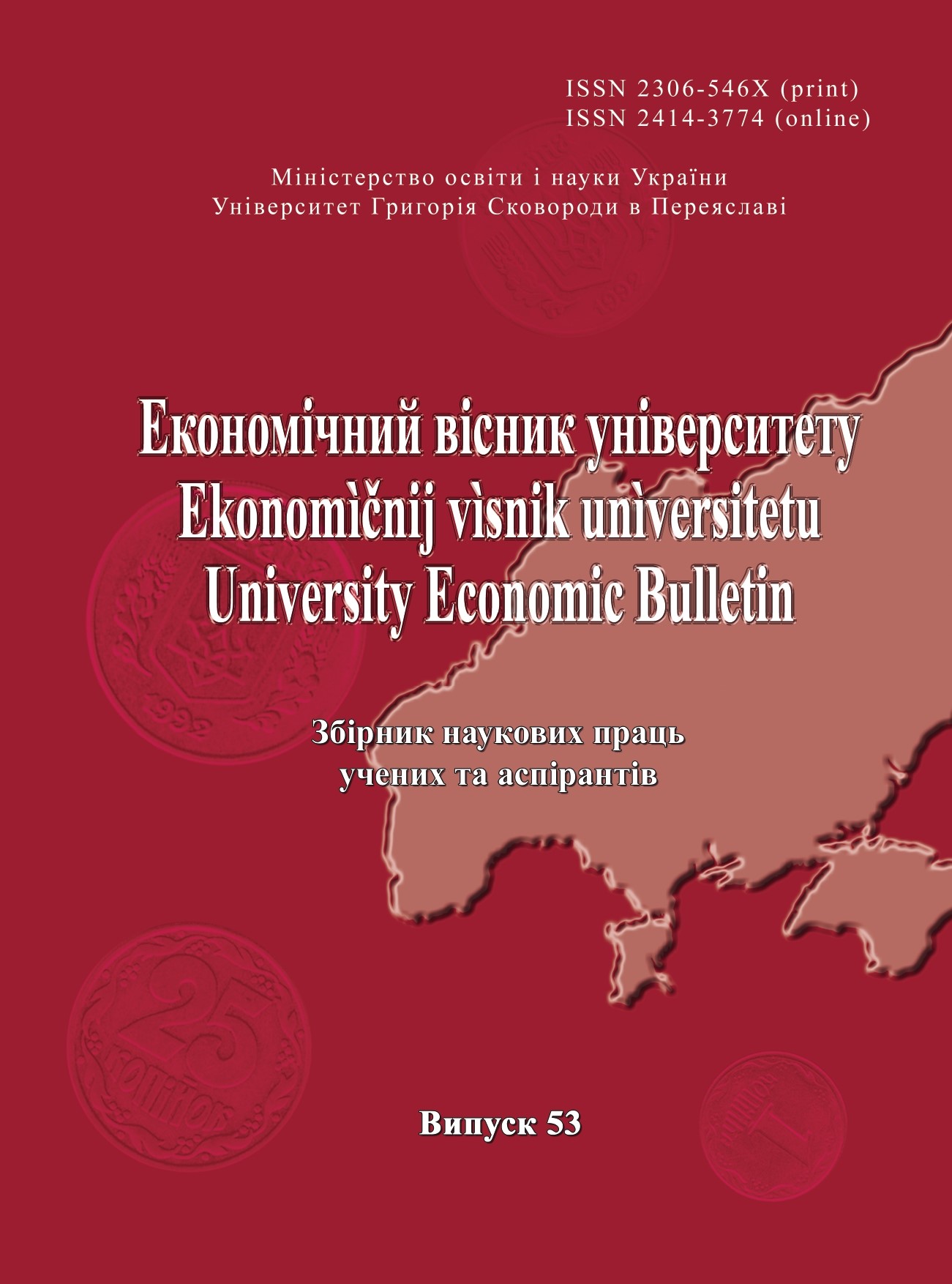Поведінкова економіка та сегментація споживчого ринку як чинники розвитку підприємств готельно-ресторанного і туристичного бізнесу
Behavioral economics and consumer market segmentation as development factors of hotel-restaurant and tourist business
Author(s): Irina Dobroskok, Valentyn Penkovsky, Yaroslav YatsenkoSubject(s): Business Economy / Management, Micro-Economics, Marketing / Advertising, Tourism
Published by: Університет Григорія Сковороди в Переяславі
Keywords: hotel-restaurant and tourist business; enterprises; products and services; demand; behavioral economics; consumer market; segmentation;
Summary/Abstract: The subject of the study is the peculiarities of the development of hotel-restaurant and tourist business enterprises and their inherent advantages and risks. The purpose of the article is to determine their substantiation on the basis of taking into account not only rational, but also irrational or behavioral factors of demand for products and services and, accordingly, the segmentation of the consumer market and the choice of a market niche and activity strategies. The methodological basis of the article is the methods and approaches of economic, institutional and theory of sustainable development. In particular, monographic, system-structural analysis and synthesis, STP-marketing, the method of compiling functional maps or double segmentation, statistical and economic methods were used. Results of the article. The article examines the peculiarities of the development of hotel-restaurant and tourist business enterprises and their inherent advantages and risks. In the conditions of uncertainty, limitation of demand and lack of resources, choosing the right strategic directions of development is of great importance and relevance. The tools for taking into account behavioral factors, the advantages and disadvantages of the STP-marketing method and the possibilities of the method of drawing up functional maps due to the consideration of both consumers and corresponding products and services as the main components of segmentation are determined. Field of application of results. The obtained results can be used by hotel and restaurant and tourist enterprises; institutions of higher education; tourist organizations and local self-government bodies. Conclusions. Provided that the subject of the hotel, restaurant and tourism business manages to implement the marketing strategy chosen by him, the next step should be to evaluate the effectiveness of the application of such a strategy. We believe that ineffective marketing strategies in the activities of business entities will not be able to ensure a balance between the company's capabilities and meeting the needs of consumers and the market. Therefore, the main task for top business managers is to minimize errors in the process of developing and implementing marketing strategies and programs, to find options for such a marketing strategy that would ensure the creation of a balance of resources and opportunities with profit and stability and competitiveness for enterprises.
Journal: Економічний вісник університету
- Issue Year: 2022
- Issue No: 53
- Page Range: 53-59
- Page Count: 70
- Language: Ukrainian

